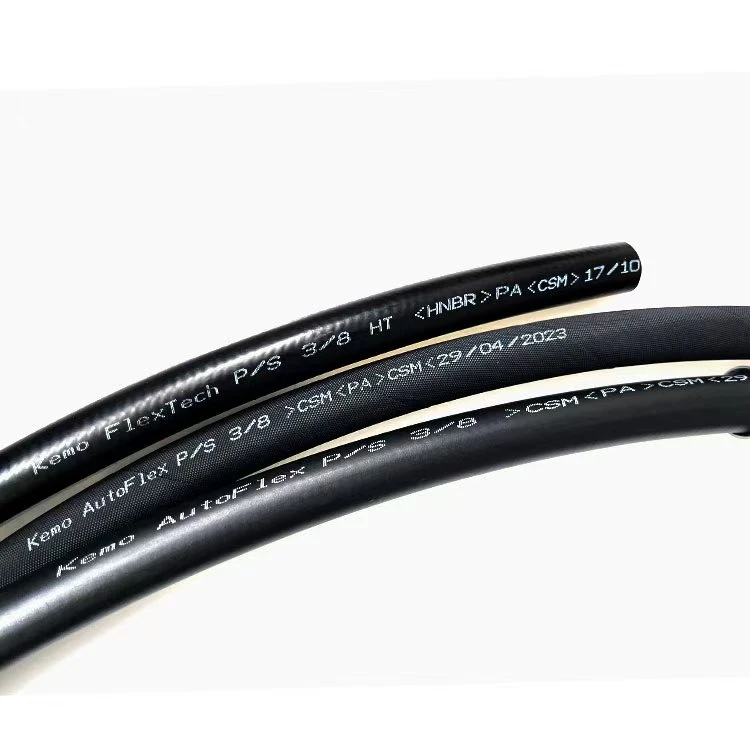Optimizing Performance with Power Steering System Dynamics and Efficiency Analysis
Dec . 11, 2024 11:02 Back to list
Optimizing Performance with Power Steering System Dynamics and Efficiency Analysis
The Importance of Power Steering in Modern Vehicles
Power steering has become an essential feature in modern vehicles, enhancing both safety and comfort for drivers. Traditionally, steering systems in cars relied entirely on mechanical systems, requiring significant manual effort to control. However, advancements in automotive technology have transitioned many vehicles to incorporate power-assisted steering systems, which optimize the steering effort required by the driver. In this article, we will explore the dynamics of power steering, its various types, and its impact on driving experience.
Understanding Power Steering
In simple terms, power steering is a system that helps drivers steer their vehicles with less effort. The core principle behind power steering is to reduce the amount of physical exertion needed to turn the steering wheel. This is achieved through the use of hydraulic or electronic assistance that provides added torque to the steering mechanism.
Types of Power Steering Systems
There are primarily three types of power steering systems hydraulic, electric, and electromechanical
.1. Hydraulic Power Steering (HPS) This system uses a hydraulic pump, usually driven by the car's engine, to provide the necessary force to assist in steering. As the driver turns the steering wheel, fluid pressure is directed to a cylinder, which in turn aids in turning the wheels. While effective, hydraulic systems can be less efficient and may require more maintenance due to the hydraulic fluid and pump.
2. Electric Power Steering (EPS) EPS systems use an electric motor to assist with steering. This technology has gained popularity due to its ability to adjust assistance based on speed—providing more assistance at lower speeds and less at higher speeds for increased control. EPS systems are lighter and can improve fuel efficiency as they do not rely on engine power to operate.
3. Electromechanical Power Steering (EMPS) Combining features of both hydraulic and electric systems, EMPS utilizes electric motors and a mechanical linkage to provide the driver with steering assistance. This system offers a direct connection between the steering wheel and the wheels, allowing for a more responsive feel while maintaining the efficiency of an electric system.
power steering line

The Impact on Driving Experience
Power steering dramatically enhances the driving experience by providing several key benefits
- Enhanced Maneuverability Power steering allows for easier maneuvering of the vehicle, especially in tight spaces such as parking lots or during U-turns. This increased maneuverability is a significant advantage for drivers, particularly in urban environments.
- Reduced Driver Fatigue With power steering, drivers experience less fatigue, especially during long journeys. The reduced effort required to steer the vehicle means that drivers are less likely to experience strain on their arms and shoulders, contributing to overall driver comfort.
- Improved Safety The responsiveness provided by power steering systems enables drivers to react more quickly to unforeseen circumstances on the road. The ability to make precise steering adjustments can be critical in emergency situations, enhancing overall vehicle safety.
Technological Integration and Future Trends
As automotive technology continues to evolve, power steering systems are becoming increasingly integrated with other vehicle systems. Advanced driver-assistance systems (ADAS) are beginning to rely on power steering technology to enable features such as lane-keeping assistance and automatic parking. Furthermore, the shift toward electric and hybrid vehicles may drive the development of more sophisticated power steering solutions that improve efficiency and reduce overall vehicle weight.
In conclusion, power steering has revolutionized the driving experience, offering convenience, safety, and improved vehicle control. As technology advances, the importance of power steering systems will likely grow, reinforcing their role as a crucial component of modern automobiles. As drivers, embracing these advancements will only make our journeys more enjoyable and secure.
